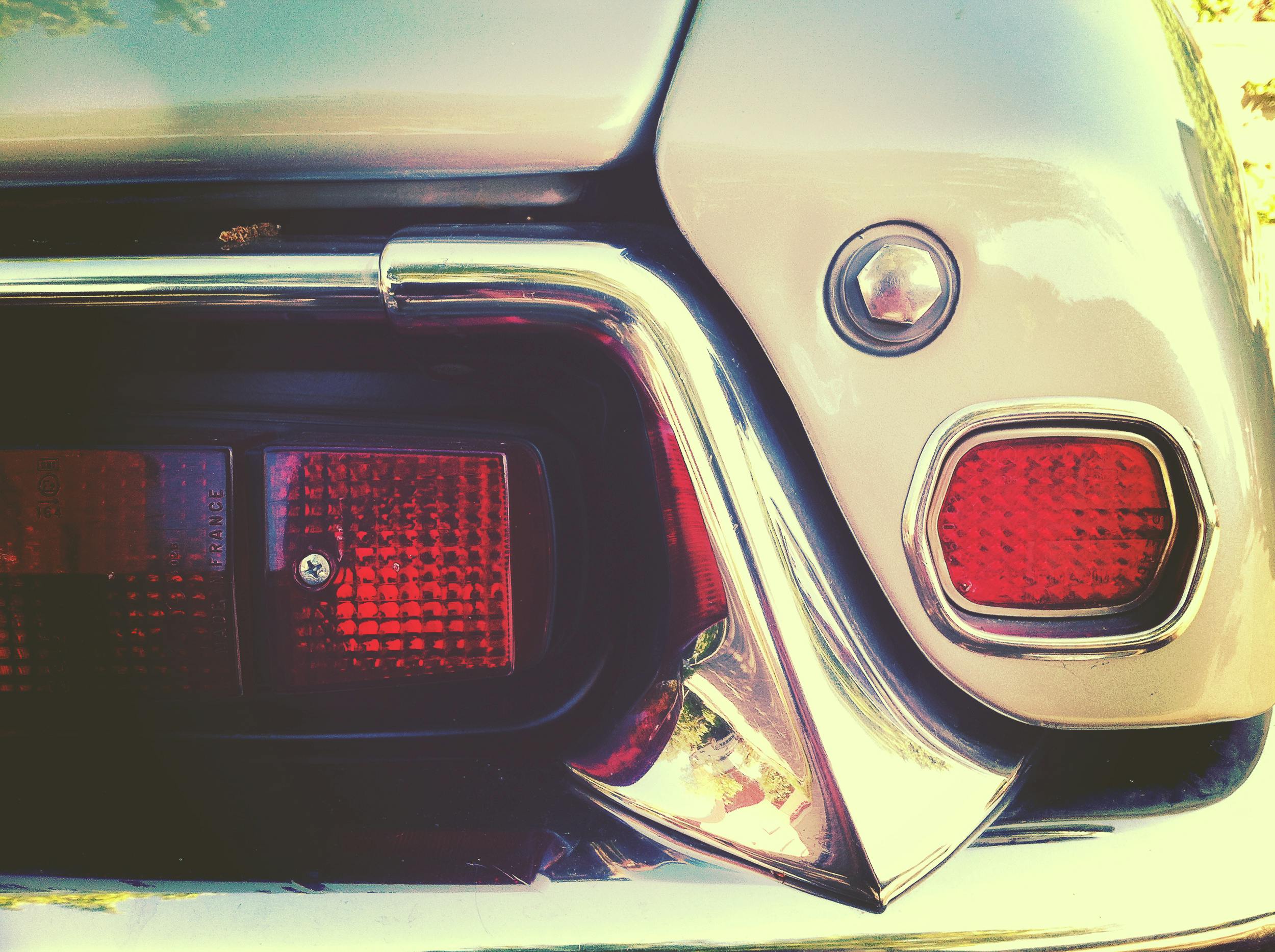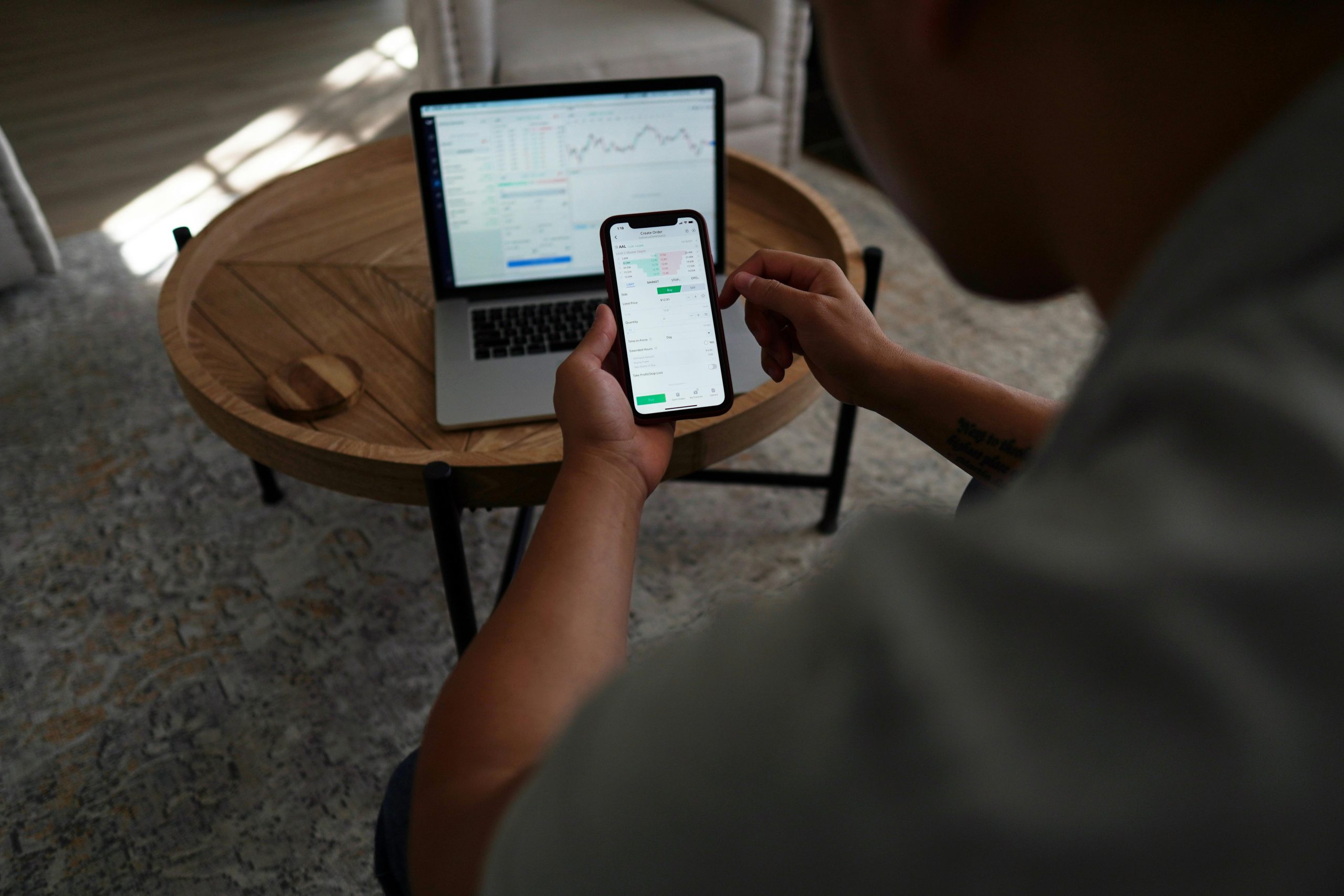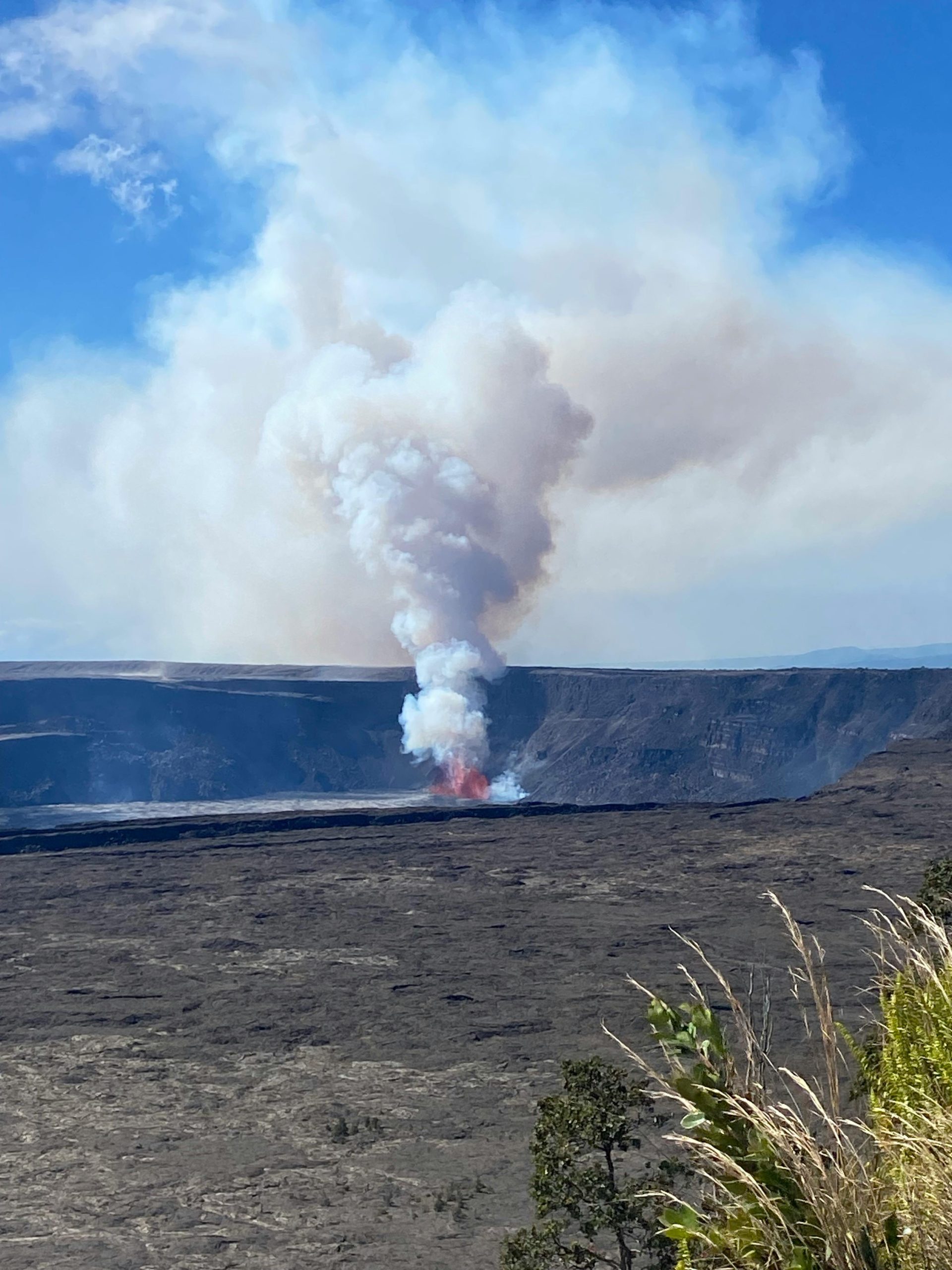Understanding Auto Incidents in Your Private Driveway: Insurance and Liability Considerations
Navigating vehicle accidents that occur on private property can be complex, especially when insurance coverage and liability are involved. Let’s explore a recent scenario to shed light on these issues and provide guidance for similar situations.
Scenario Overview
Imagine a homeowner in Wayne County, Michigan, finds himself dealing with an unexpected collision involving two parked vehicles in his driveway. His 2017 Ford Expedition, valued between $12,000 and $14,000, is parked and stationary. Meanwhile, a family member’s son, aged 20, arrives driving a vintage 1974 Ford F100 truck, which is registered and insured under his mother’s auto policy.
While exiting his truck, the young man steps out, and the vehicle—still in gear—begins to roll backwards, striking the rear corner of the homeowner’s Expedition. The incident is captured on security footage, confirming he was out of the vehicle at the time exposure occurred. Damage to the Expedition includes a flat tire, bumper, headlights, and potentially suspension components, while the F100 sustains only minor scratches.
Key Questions
- Who is liable for the damages—the vehicle owner or the homeowner’s insurance?
- Does homeowner’s insurance cover such incidents involving parked but unattended vehicles?
- Should the vehicle owner file a claim, or handle repairs independently?
- What are the potential financial implications if the insurance claim is filed versus paying out-of-pocket?
- How does the situation impact the involved parties’ insurance histories and future premiums?
Liability and Insurance Considerations
In cases where a vehicle rolls away and causes damage, liability often hinges on whether the driver was negligent. Here, the young man exited the vehicle and the truck was left unattended, yet the vehicle started moving without driver input. Generally, auto insurance policies consider the driver at fault if the vehicle was not properly secured or if it moved unexpectedly due to mechanical issues or driver oversight.
Since the vehicle was on the owner’s property, homeowner’s insurance may not typically cover damage from a vehicular accident unless expressly included under personal property or liability coverage. Auto insurance is usually the primary coverage for vehicle-related damages.
Filing a Claim: Pros and Cons
Filing an auto insurance claim can help cover repair costs, especially since repairs are estimated to exceed the homeowner’s deductible and potentially impact the vehicle’s value. However, considerations include:
- The insured’s previous accident history, which may influence future premiums.



